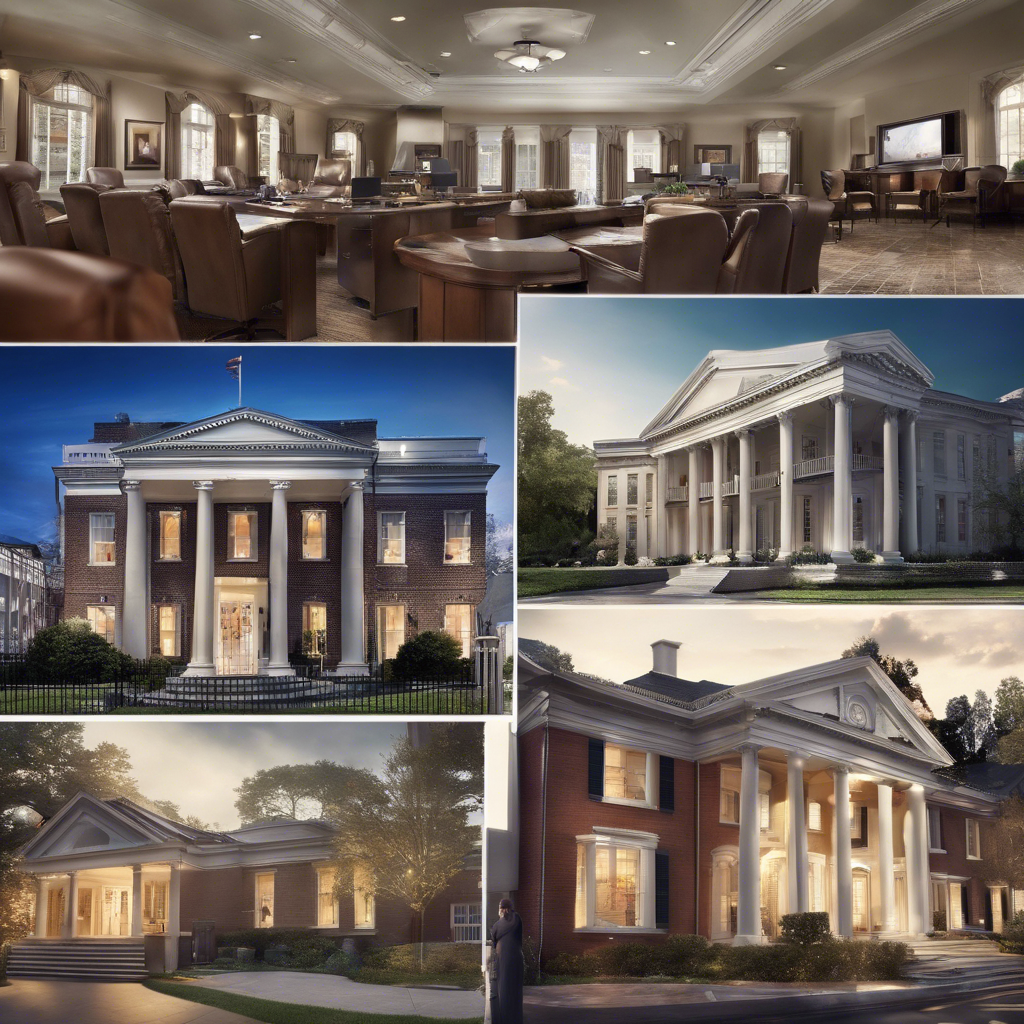The Impact of the Presidential Race on the Real Estate Market
- Koosha Sharifi Tafreshi
- Jul 4, 2024
- 3 min read
The presidential race is not just about politics; it has far-reaching effects that ripple through various sectors of the economy, including the real estate market. As the nation eagerly watches the candidates make their case for the presidency, individuals in the real estate industry are paying close attention to the potential impacts on property values, mortgage rates, and overall market dynamics. Let's explore how the presidential race can influence the real estate market and what this means for buyers, sellers, and industry professionals.
Understanding the Connection
The outcome of a presidential race can introduce uncertainty, which tends to have a profound impact on the real estate market. During election years, potential buyers and sellers may adopt a more cautious approach, leading to fluctuations in market activity. Additionally, the policies and economic agendas proposed by candidates can shape investor confidence and influence the direction of interest rates, ultimately affecting the affordability of homes.
Policy Implications
One of the key ways in which the presidential race intersects with the real estate market is through proposed policy changes. Candidates often outline their plans for housing, taxation, infrastructure, and economic growth, all of which can directly impact the real estate industry. For example, policies that support homeownership incentives or stimulate job creation could drive demand for housing and boost property values.
Market Sentiment
Beyond actual policy changes, the mere anticipation of a new administration can affect market sentiment. Investors and industry stakeholders may adjust their strategies based on expectations of how a particular candidate's leadership could shape the economy. This sentiment, in turn, can influence buying and selling decisions, leading to shifts in supply and demand dynamics within the real estate market.
Mortgage Rates
Presidential races can also influence mortgage rates, which play a significant role in determining the overall health of the real estate market. Changes in economic policies and market sentiment can impact interest rates, affecting the cost of borrowing for homebuyers. A shift in rates can alter purchasing power and affordability, influencing the volume of real estate transactions.
Regional Variances
It's essential to note that the impact of the presidential race on the real estate market may vary across regions. Different areas have unique economic factors, housing demands, and market conditions, which can interact with national trends in distinct ways. Understanding these regional nuances is crucial for accurately assessing how the presidential race might shape local real estate dynamics.
Looking Ahead
As the race for the presidency unfolds, real estate professionals and consumers alike are navigating a landscape shaped by political uncertainty and policy proposals. While the future remains uncertain, proactive industry participants can position themselves to adapt to changing market conditions and capitalize on emerging opportunities. By staying informed, monitoring market trends, and seeking expert guidance, individuals can navigate the complexities of the real estate market amid the backdrop of a presidential race.
In conclusion, the intersection of the presidential race and the real estate market underscores the interconnected nature of various sectors within the economy. By critically examining policy implications, market sentiment, mortgage rates, and regional variances, stakeholders can gain a deeper understanding of how these dynamics converge to shape the housing landscape. As the nation awaits the outcome of the election, the real estate market stands as a vital arena where the impacts of political decisions and economic policies come to fruition.




Comments